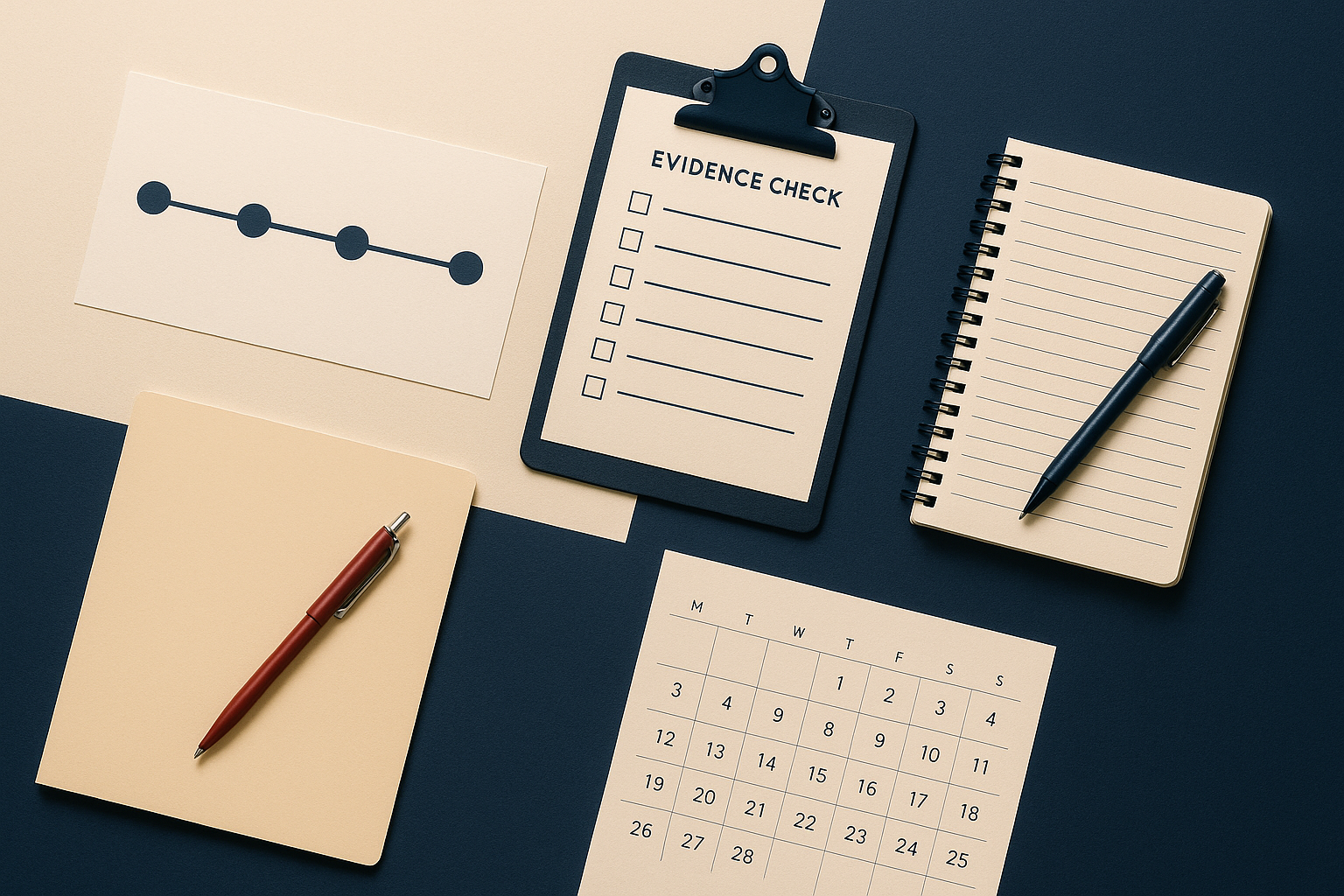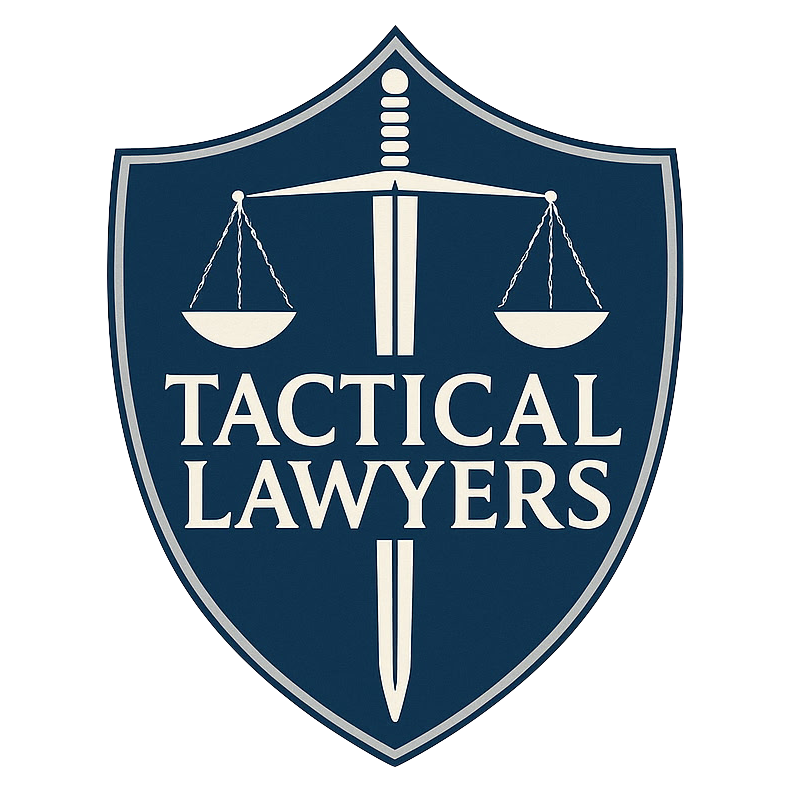Wrongful death representation—compassionate counsel, strategic results
If a loved one’s life was lost due to negligence or a wrongful act, you deserve clear answers and a steady advocate. We guide eligible family members and estates through every decision—from preserving evidence and coordinating medical and financial records to pursuing all responsible parties and insurance coverages. Our approach blends sensitivity with rigorous legal work so your family can focus on healing while we focus on accountability.
- Private, respectful consultations—speak directly with an attorney about your rights and next steps.
- Comprehensive claim strategy: liability investigation, insurance coverage mapping, and damages documentation.
- Coordination with probate and estate matters where needed, including personal representative appointments.
- Local presence in the Denver Metro and Castle Rock with the resources to handle complex, multi-party cases.
Founding Attorney: Grant Van Der Jagt, JD • Office: 200 S. Wilcox St. Suite 206, Castle Rock, CO 80104

Who can bring a wrongful death claim—and how eligibility works
Eligibility and claim structure are set by state law. Typically, certain family members and/or the personal representative of the estate can bring claims for specific categories of loss. We’ll clarify who can file and whether separate claims (like a survival action) should proceed alongside a wrongful death action.
Spouses
Often have priority to file for loss of companionship, household services, and other losses recognized by law.
Children
May claim loss of parental guidance and support; minor and adult children may have different rights by state.
Parents
In certain circumstances, may bring claims for an adult or minor child, depending on statute and family status.
Personal representative
The estate’s representative may bring claims allowed by law and coordinate with probate obligations and distributions.
Survival actions
Separate claims the estate may bring for losses suffered between injury and passing (e.g., medical bills, conscious pain).
Damages and proof—what families can recover and how we build the case
Wrongful death laws allow recovery for defined economic and non-economic losses. The exact categories, caps, and beneficiaries vary by state. We collect the evidence necessary to prove liability and quantify loss, working with medical, economic, and accident-reconstruction experts as needed—always with sensitivity to your family’s needs.
Economic damages
Funeral and burial costs, medical bills prior to passing, lost earnings and benefits, household services, and other measurable financial losses.
Non-economic damages
Loss of companionship, care, guidance, and the human relationship the decedent provided. State law governs availability and limits.
Survival damages
Where allowed, the estate may claim damages for losses suffered by the decedent before death, including conscious pain and suffering.
Exemplary/punitive damages
In limited cases and where permitted by statute, additional damages may punish egregious conduct to deter similar behavior.
Evidence we assemble
Police and incident reports, medical and coroner records, witness statements, employment and benefits data, and expert analyses (reconstruction, economics, medical causation).
Want a plain-language primer? The Legal Information Institute provides an overview at law.cornell.edu/wex/wrongful_death .

Our process and timeline—clear milestones, steady communication
- Eligibility & intake: We confirm who can file, conflict check, and urgent deadlines. You’ll receive a transparent engagement letter.
- Evidence preservation: Rapid collection of records and notices to preserve data (vehicles, scene evidence, surveillance, EDR/black box).
- Coverage mapping: Identify all insurance layers (auto, commercial, homeowner’s, umbrella) and additional responsible parties.
- Damages modeling: Work with experts to quantify economic loss and non-economic impact under applicable law.
- Negotiation, ADR, or litigation: Pursue full, lawful recovery via demand, mediation/arbitration, or courtroom litigation as needed.
- Probate coordination: Align distributions and any survival action with the estate process to avoid conflicts and delays.
Timelines vary with investigation needs and court schedules. For a firm-wide view of how matters move, see Our Process .
Throughout, you’ll know what to expect and when. We provide regular updates and are reachable by phone or form—whichever you prefer.
Fees & billing—contingency arrangements where permitted
Most wrongful death matters are handled on a contingency fee basis where allowed—meaning you pay attorney fees only if we recover money for you. Case costs and specific terms are explained in writing before we begin. For unique or multi-jurisdictional matters, we’ll outline tailored structures that preserve resources and maintain momentum.
- Written scope and fee agreement with clear definitions of costs and recovery distribution.
- No upfront attorney fees on contingency cases where permitted by law and engagement terms.
- Thoughtful budgeting for experts and evidence, with approvals and updates along the way.
Why choose Tactical Lawyers for wrongful death cases?
- Cross-disciplinary strength: personal injury, insurance coverage, business and real estate issues—so no recovery path is overlooked.
- Treatment-first mindset carried into family support: responsive communication, clear expectations, and resources for surviving family members.
- Probate coordination to align any survival action and distributions with estate requirements.
- Local to Castle Rock and the Denver Metro, with growing state coverage and the ability to partner where jurisdiction requires.
Wrongful Death FAQs
Clear answers to help you make informed decisions. For guidance on your specific situation, please reach out for a confidential consultation.
Ready to talk privately about your options?
We’ll listen, answer questions, outline a plan, and coordinate immediate next steps. Your consultation is handled with care and confidentiality.
Page last updated: September 12, 2025
